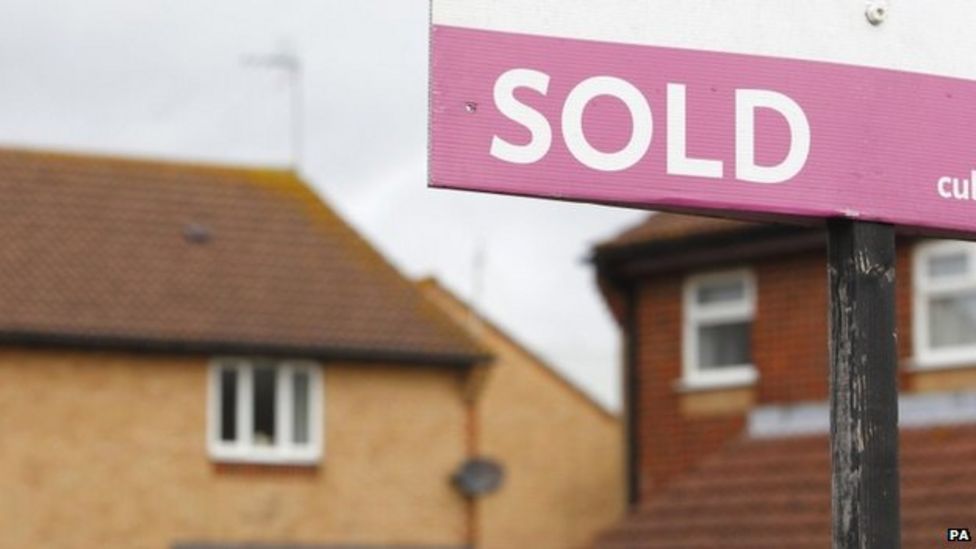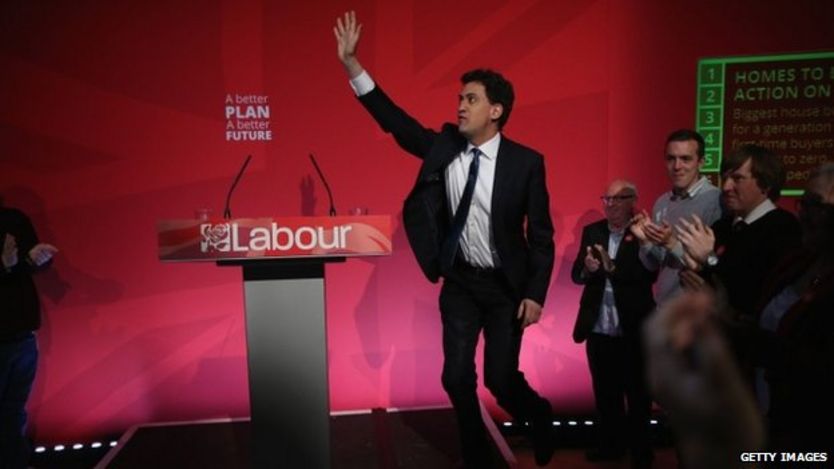
Labour has proposed scrapping stamp duty for first-time buyers buying homes for less than £300,000.
The policy proposes suspending the stamp duty for three years, so it would in effect present a tax holiday, rather than a tax abolition.
The idea is to get more people onto the housing ladder and make the process of buying a home cheaper.
However, there are concerns that the policy could push house prices higher.

Matthew Pointon, from the research company Capital Economics, told the Guardian that, over the short term, Labour's policies "will act to push up prices".
There are a few reasons why this might be the case.
First, prospective buyers, who no longer have to spend as much on transaction costs, might be tempted to offer more money to beat rivals. Similarly, vendors might be tempted to increase sale prices, knowing buyers might have more cash at their disposal.
Second, the policy is designed to increase the number of buyers.
That means more demand for housing at a time when supply is constrained.
Earlier this month, the Royal Institution for Charted Surveyors said that the number of houses coming onto the market fell for the second month in a row. And the House of Commons Library says it is widely accepted that successive governments have failed to build enough homes.
'No signs'
It should be noted that Labour's changes would not apply to Scotland, where stamp duty has been devolved to the Scottish Parliament and there are different rates. But it would take effect in Wales, where stamp duty will not be devolved until 2018. Stamp duty is not devolved to Northern Ireland.
This isn't the first time that changes to stamp duty have prompted commentary about increasing prices.
In December 2014, George Osborne overhauled stamp duty. Under the old system, stamp duty was paid at a single rate, depending on the sale price.
Now, stamp duty is spread out so that there is less of a spike in the amount of tax paid when the sale price creeps above a stamp duty threshold. It works much like income tax so that the first proportion of a purchase price is taxed at one rate, the next portion at another and so on.
The coalition's reforms also prompted concerns that house prices could be forced up. However, four months after the reforms came into effect there is little data to show homes are more expensive as a result of the tax changes.
In March, Halifax said that that "so far there are no signs of any marked changes in behaviour as a result of the changes made to stamp duty at the start of December".
Tax-breaks
As Halifax said, it is still early days. And, unlike Labour's proposals, the coalition government's reforms to stamp duty were permanent so people may feel less pressured to complete a house transaction before a given deadline.
In 2012, the estate agency Savills analysed the effects of previous stamp duty holidays in 2005-6 and 2010-12.
Savills found that the tax holiday led to a spike in transactions towards the end of the holiday period, as home purchases were brought forward.
This was followed by a lull in house-buying activity after the holiday ended. However, there was little evidence that the tax breaks actually led to an overall increase in the number of homes being sold.
So it is probably too early to draw conclusions on what will happen. However, there is not much evidence to show that, over the longer term, the policy would lead to an increase in the number of transactions or to higher house prices.

Election 2015 - Reality Check

What is the truth behind the politicians' claims on the campaign trail? Our experts investigate the facts, and wider stories, behind the soundbites.
Read latest updates or follow us on Twitter @BBCRealityCheck

